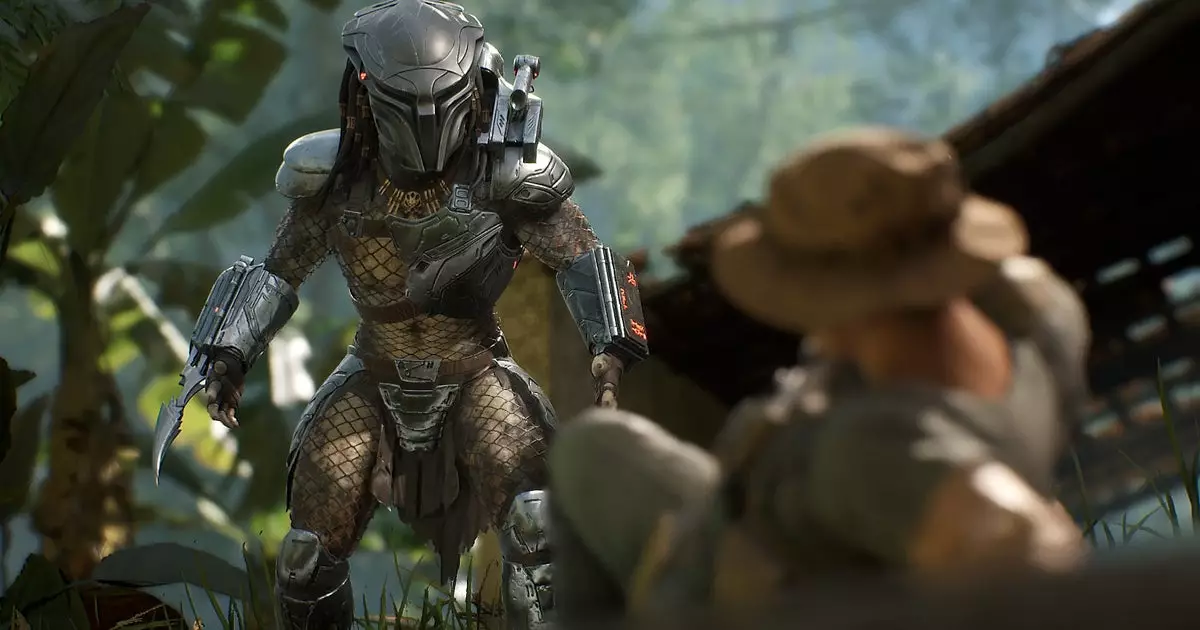In a landscape where crossovers and adaptations reign supreme, the ambitious vision of Arrowhead CEO Johan Pilestedt offers a glimpse into the potential future of the video game world. As the CEO expresses interest in expanding the well-loved Helldivers franchise through various media, the gaming community is abuzz with speculation and excitement. This article delves into the implications of such expansions, the potential for innovative gameplay, and the cultural resonance that these crossovers can create.
The Nature of Crossover Games
Crossover games have become a staple in modern gaming, allowing players to traverse the boundaries of their favorite fictional universes. Arrowhead’s ambition to integrate the Helldivers franchise with iconic properties such as Aliens, Starship Troopers, and even The Fifth Element illustrates a growing trend where developers seek to enhance their narratives by merging different fan bases. While these crossovers can often lead to compelling gameplay experiences, they present inherent risks, particularly the dilution of established intellectual properties (IPs).
Pilestedt openly acknowledged the possibility of such ventures, noting the delicate balance between innovation and brand integrity. “Stirring too many or the wrong kind of third-party license into the Helldivers world might dilute the IP,” he remarked, indicating a careful approach to potential collaborations. This highlights the tension between creative exploration and the preservation of a franchise’s identity—a challenge most crossover titles face.
An Alluring List of Adaptations
In his recent musings about potential crossovers, Pilestedt presented a tantalizing list that included some of the most beloved franchises in sci-fi and gaming. Titles like Terminator, Predator, and Blade Runner have captivated audiences for decades, and incorporating these elements into Helldivers could unlock new layers of gameplay complexity and narrative depth.
For example, imagine a Terminator-themed expansion where players could take on the role of an unexpected ally, pitted against the relentless machines of Skynet. Such gameplay would not only resonate with fans of the original films but also serve to innovate within the genre. The mere thought of a Helldivers team battling alongside a Terminator figure creates an opportunity for humor and drama alike, reflecting the unique tone of the Helldivers universe.
While existing elements of Helldivers feature influences from various sci-fi staples, the possibility of integrating fully realized mechanics from these franchises presents exciting avenues to explore. For instance, introducing a gameplay mechanic where players must rescue teammates from alien cocoons reminiscent of the xenomorphs from Aliens would elevate team dynamics and strategic gameplay.
Moreover, an expansion centered around Warhammer 40K could capitalize on the universe’s rich lore. The introduction of varied mechanics, such as players transforming into Dreadnoughts upon dying, would not only celebrate the legacy of the Warhammer franchise but also enrich Helldivers’ gameplay loop. By layering the narrative with thematic elements of heresy and warp activity, the expansion could deepen the narrative stakes while also engaging players with familiar lore.
The allure of these crossover projects extends beyond mere gameplay mechanics; it spills into the cultural consciousness of fans who cherish these franchises. Successful integration might not only boost sales but also create a renewed interest in the original properties. This cultural synergy could lead to a revitalized appreciation for the narratives and characters that have shaped the sci-fi and gaming landscapes.
In a world rife with remakes and sequels, Pilestedt’s vision represents a bold step into uncharted waters, where experimentation can yield rewarding experiences for gamers. As the industry grapples with the need for innovation, the proposed crossover projects embody a fresh perspective—one that aims not just to entertain but to engage and inspire.
As Arrowhead navigates the complex waters of crossover games, it is undoubtedly a delicate balance of ambition and caution. However, through Pilestedt’s ambitious plans, there is hope for the creation of something truly unique—a synthesis of beloved narratives that enriches both Helldivers and its prospective collaborators. The future of crossovers in gaming is bright, and if handled thoughtfully, it could result in groundbreaking and entertaining experiences that resonate with fans old and new.


Leave a Reply